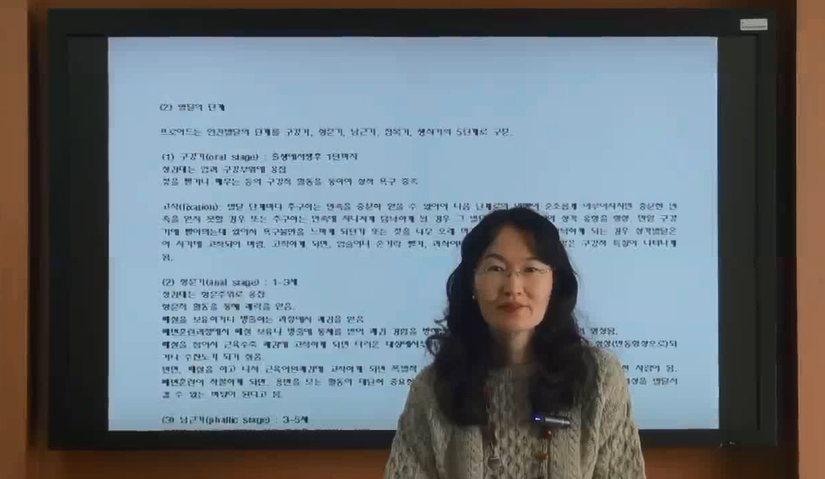Sigmund Freud’s Beyond the Pleasure Principle represents a crucial theoretical turning point. Freud himself recognized that the introduction of the death drive faced substantial resistance from analysts who sought to systematize psychoanalysis at th...
http://chineseinput.net/에서 pinyin(병음)방식으로 중국어를 변환할 수 있습니다.
변환된 중국어를 복사하여 사용하시면 됩니다.
- 中文 을 입력하시려면 zhongwen을 입력하시고 space를누르시면됩니다.
- 北京 을 입력하시려면 beijing을 입력하시고 space를 누르시면 됩니다.
부가정보
다국어 초록 (Multilingual Abstract)
Sigmund Freud’s Beyond the Pleasure Principle represents a crucial theoretical turning point. Freud himself recognized that the introduction of the death drive faced substantial resistance from analysts who sought to systematize psychoanalysis at that time. Lacan, however, criticized Freud’s successors who rejected the concept of the death drive, accusing them of trying to reintegrate psychoanalysis into the framework of what they termed general psychology. Lacan further developed the concept of the death drive from Beyond the Pleasure Principle into a central idea in his later works. Since then, the concept of the death drive, alongside Lacan’s contributions, has regained vitality and continues to be revisited and reinterpreted by contemporary scholars such as Derrida, Deleuze, and members of the Slovenian School.
This paper will first examine the concepts of the pleasure principle, the death drive, and the life drive (Eros) as presented in Freud’s Beyond the Pleasure Principle. The subsequent chapters will explore how Lacan’s framework provides new interpretations of these concepts and reconsiders phenomena that may seem contradictory —such as war neurosis, trauma, and compulsive repetition—within Freud’s principle of constancy. The discussion will extend to the implications of the drive concerning the 'One' in Lacan's Seminar 19. The final chapter will connect the role of analysts with Lacan’s concept of the ‘one,’ and consider the significance of the ‘Il y a de l’Un’ in relation to the death drive.
동일학술지(권/호) 다른 논문
-
Clothing in Lost in Austen: The Interaction of Women’s Worldviews Within A Shared Context
- 문학과영상학회
- 황연
- 2024
- KCI등재
-
넷플릭스 알고리즘이 로컬 오리지널 콘텐츠 제작에 미치는 영향에 관하여: 한국 오리지널 시리즈물의 생존서사적 경향을 중심으로
- 문학과영상학회
- 이미진
- 2024
- KCI등재
-
박제된 ‘이태리(Italy)’, 떠도는 ‘이탈리아(Italia)’
- 문학과영상학회
- 박문정
- 2024
- KCI등재
-
Intermedia [intāmedia] in Cold War Japan: Environment, Technology, and the Politics of Intermedia
- 문학과영상학회
- 김유성
- 2024
- KCI등재





 KCI
KCI KISS
KISS




